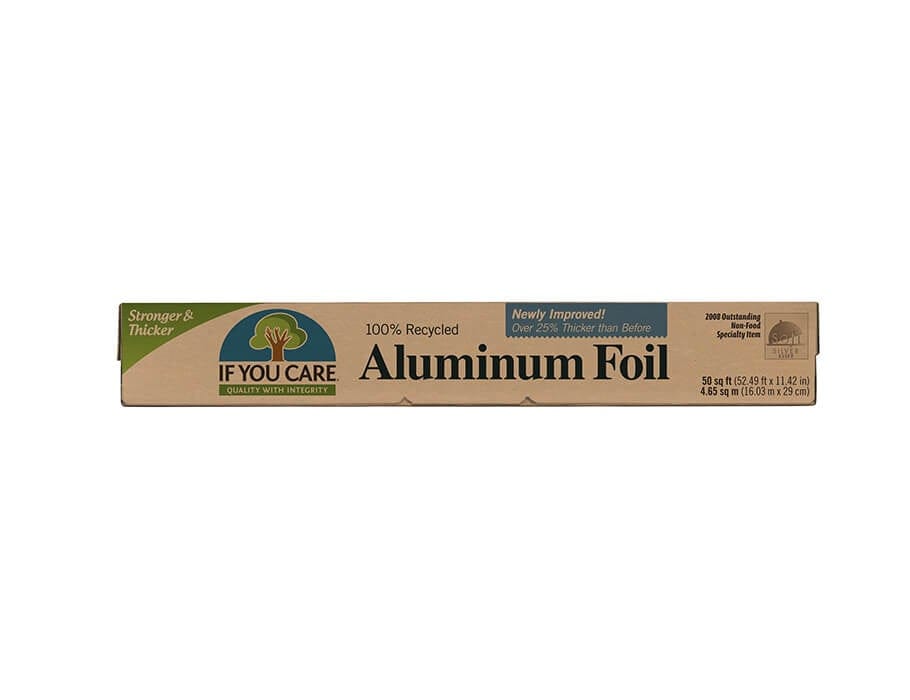Aluminium foil, also known as aluminum foil, is an incredibly versatile and useful material that has myriad applications in the kitchen, household, and beyond. Unlike tin foil, which is made from tin instead of aluminum, aluminium foil is more durable, pliable, and heat-resistant. It is a staple in many households, catering businesses, and industrial settings, thanks to its many beneficial properties.

In this blog post, we will explore the various uses of aluminium foil, the advantages it offers, and how to use it effectively.
Aluminium foil in the kitchen
Aluminium foil is an essential tool in the kitchen, helping to preserve the freshness of food and protect it from contamination. Here are some of the uses of aluminium foil in the kitchen:
1. Wrapping food – Whether you are packing a lunch or storing leftovers, wrapping food in aluminium foil helps to keep it fresh and prevent it from drying out.
2. Covering dishes – Use aluminium foil to cover dishes and protect them from heat and moisture.
3. Baking – Aluminium foil can be used to make a makeshift baking dish, line cookie sheets, or prevent food from sticking to them.
4. Grilling – Wrap food in aluminium foil to cook it over a grill, preventing it from sticking or falling apart.
5. Roasting – Cover meat or vegetables in aluminium foil to help them cook evenly and retain moisture.
6. Freezing – Wrap food in aluminium foil before freezing to prevent freezer burn and keep it fresh.
Aluminium foil in the household
Apart from kitchen uses, aluminium foil has many applications in the household, including:
1. Polishing silverware – Line a bowl with aluminium foil and add a solution of hot water and baking soda to remove tarnish from silverware.
2. Insulating windows – Cover windows with aluminium foil to help insulate them and reduce heat loss in the winter.
3. Ironing clothes – Place aluminium foil under the ironing board cover to reflect heat and iron both sides of the clothes at once.
4. Waterproofing – Cover surfaces with aluminium foil to protect them from water damage, especially during painting or renovation projects.
5. Removing rust – Use a ball of aluminium foil to rub off rust from metal surfaces.
Advantages of using aluminium foil
There are many advantages of using aluminium foil over other materials:
1. Lightweight – Aluminium foil is lightweight and easy to handle, making it ideal for wrapping and packaging.
2. Non-toxic – Aluminium foil is non-toxic, making it safe for use with food.
3. Heat-resistant – Aluminium foil can withstand high temperatures, making it perfect for baking, roasting, and grilling.
4. Barrier properties – Aluminium foil has excellent barrier properties, protecting food from moisture, oxygen, and contamination.
5. Cost-effective – Aluminium foil is relatively affordable compared to other packaging materials.
Tips for using aluminium foil
To make the most out of aluminium foil, keep these tips in mind:
1. Use the right thickness – Thicker aluminium foil is better for heavy-duty applications, while thinner foil works well for wrapping food.
2. Avoid acidic foods – Avoid wrapping acidic foods, such as tomatoes and citrus fruits, in aluminium foil, as it can react with the foil and alter the taste of the food.
3. Use the dull side – The dull side of aluminium foil is designed to absorb heat, making it more effective for cooking and baking.
4. Store it properly – Store aluminium foil in a cool, dry place to prevent it from becoming brittle or losing its shape.
Aluminium foil is an incredibly versatile material that offers a range of benefits and uses. From the kitchen to the household, aluminium foil can help protect and preserve food and other items. With a little creativity, you can discover even more uses for this ubiquitous material.